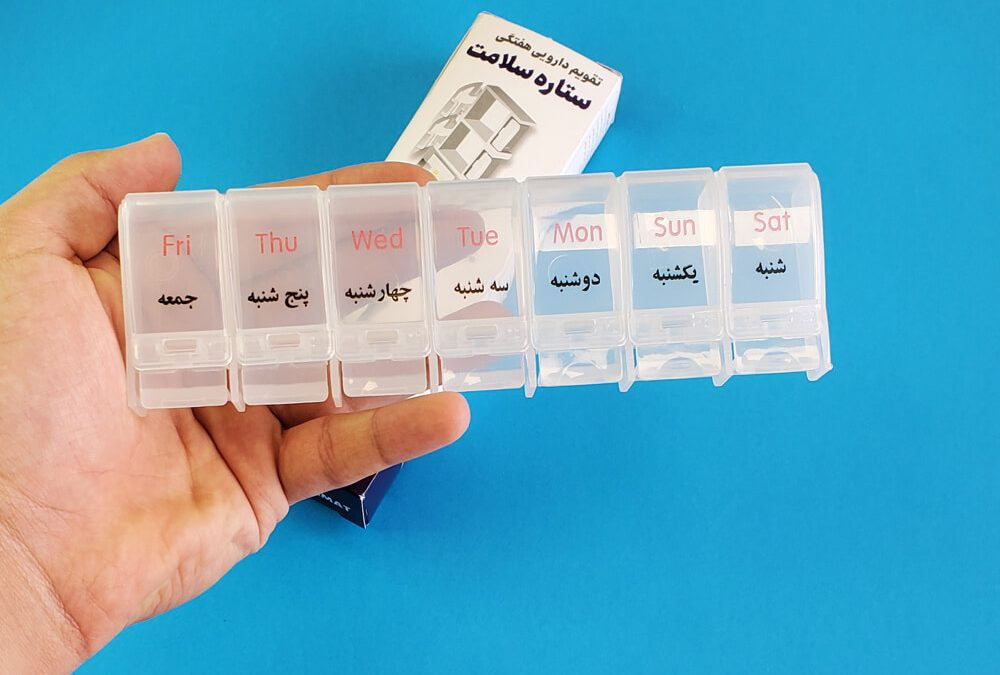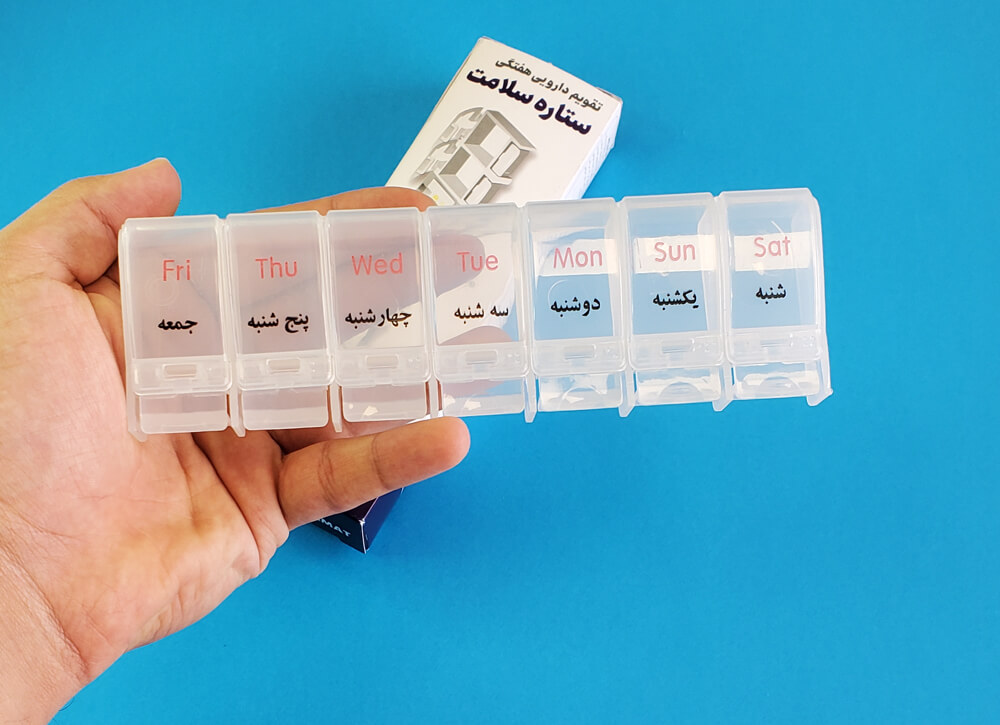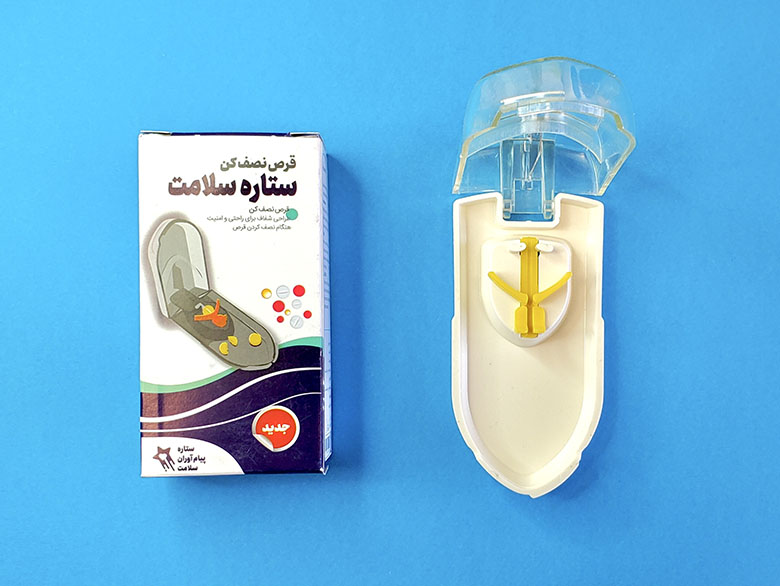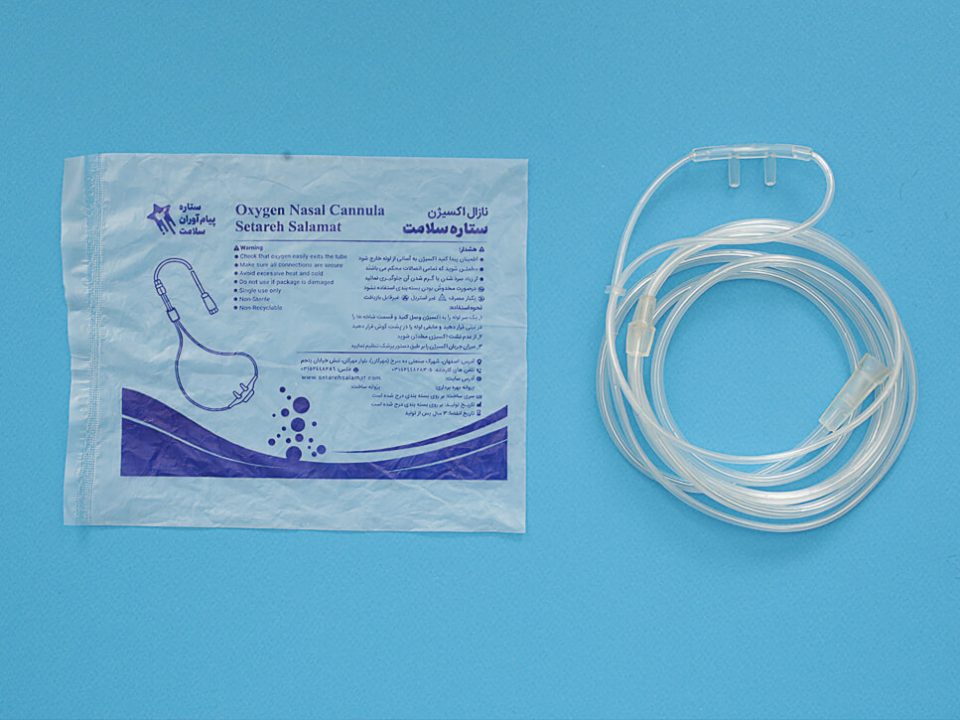why do we need a medication calendar



The more irregular the medication, the less and less effective it will be! For better effectiveness, medications should be taken regularly. Otherwise, the level of the drug and its function in the blood will be very low, and thus the virus will have the opportunity to mutate and resist the drug.
Why do we need a medication calendar
Reducing the effectiveness of drugs due to non-compliance with their dosage can be dangerous to the health of the body and liver. Therefore, it is important to take the medication at regular intervals throughout the day. Medication calendar is one of the appropriate programs to adjust the daily consumption of medicine at the time prescribed by your doctor. Medication calendar is one of the most useful tools for people who follow a special treatment plan for various chronic diseases and need to take several different types of medication at different intervals. In addition, forgetting to take medication has many side effects. So with a medication calendar, you can remember all your medications and supplements and become more efficient in managing your treatment.Do you really need a medication calendar
If you are one of those people who take medication, know that adhering to a regular medication routine, that is, taking the medication based on the right dose and time, is very important. Simply put, not taking medication as prescribed by a doctor can lead to worsening of the disease, hospitalization, and even death. Statistically, the problem of not taking medicine according to the doctor's prescription leads to 30 to 50% of the failures in the treatment of chronic diseases and 125,000 deaths per year! The medication calendar of your pharmacist is one of the easiest ways to regulate the treatment process by reminding you of the pills and the appropriate time to take them daily or even weekly. In addition, the medication calendar is a simple and intuitive program to check a person's current monthly health status. Using a medication calendar is almost like using a personal nurse to schedule visits to your doctor and remind you to take regular medications over hours, days, months, or even years. One of the most common reasons for needing a medication calendar is forgetting to take medication due to busy life or work pressures. The medication calendar is a great reminder tool for both the patient and the physician.Types of medication calendars
The medication calendar is for the benefit of people who have medical problems and need to take their medication regularly. The use of the medication calendar reminds us of the regular use of medications at the desired times. A medication calendar can be tailored to your needs. The following are some of the different types of patterns:Daily medication calendar
Health medication calendar
Program medication calendar
Other types of medication calendars
- Hourly schedule pattern
- Medical appointment schedule template
- Monthly schedule template
- Weekly schedule template
How to make a dedicated medication calendar
To make it easier to use the medication calendar, you can use pictures or short phrases to describe the time, purpose, dosage, and dosage of medications. To create a custom template, you need to be creative and follow these steps: The tools you need- A computer or a laptop
- Color printer
- Name of each drug
- Dosage of each drug
- What disease are each of the drugs used for?
- Picture of each drug
- Take your medicine at the same time every day.
- Have a daily medication routine: Schedule your medications and use the activities you do every day, such as brushing at the same time, to take and remind you of medications.
- Have a medication calendar to record doses of medications taken.
- Be sure to bring your medication calendar with you when traveling.
- In addition to the medication calendar, use the pill container to take the pill several times at different times, such as morning, lunch, evening, and night.
Summary
For a variety of reasons, many patients do not follow their doctor's instructions for taking medications, including not understanding medication instructions, forgetfulness, taking multiple medications, unpleasant side effects, or medication. However, drug calendars are models of effective programs for the proper use and effective administration of drugs. The more irregular the medication, the less and less effective it will be!
The more irregular the medication, the less and less effective it will be! For better effectiveness, medications should be taken regularly. Otherwise, the level of the drug and its function in the blood will be very low, and thus the virus will have the opportunity to mutate and resist the drug.
Why do we need a medication calendar
Reducing the effectiveness of drugs due to non-compliance with their dosage can be dangerous to the health of the body and liver. Therefore, it is important to take the medication at regular intervals throughout the day. Medication calendar is one of the appropriate programs to adjust the daily consumption of medicine at the time prescribed by your doctor. Medication calendar is one of the most useful tools for people who follow a special treatment plan for various chronic diseases and need to take several different types of medication at different intervals. In addition, forgetting to take medication has many side effects. So with a medication calendar, you can remember all your medications and supplements and become more efficient in managing your treatment.Do you really need a medication calendar
If you are one of those people who take medication, know that adhering to a regular medication routine, that is, taking the medication based on the right dose and time, is very important. Simply put, not taking medication as prescribed by a doctor can lead to worsening of the disease, hospitalization, and even death. Statistically, the problem of not taking medicine according to the doctor's prescription leads to 30 to 50% of the failures in the treatment of chronic diseases and 125,000 deaths per year! The medication calendar of your pharmacist is one of the easiest ways to regulate the treatment process by reminding you of the pills and the appropriate time to take them daily or even weekly. In addition, the medication calendar is a simple and intuitive program to check a person's current monthly health status. Using a medication calendar is almost like using a personal nurse to schedule visits to your doctor and remind you to take regular medications over hours, days, months, or even years. One of the most common reasons for needing a medication calendar is forgetting to take medication due to busy life or work pressures. The medication calendar is a great reminder tool for both the patient and the physician.Types of medication calendars
The medication calendar is for the benefit of people who have medical problems and need to take their medication regularly. The use of the medication calendar reminds us of the regular use of medications at the desired times. A medication calendar can be tailored to your needs. The following are some of the different types of patterns:Daily medication calendar
Health medication calendar
Program medication calendar
Other types of medication calendars
- Hourly schedule pattern
- Medical appointment schedule template
- Monthly schedule template
- Weekly schedule template
How to make a dedicated medication calendar
To make it easier to use the medication calendar, you can use pictures or short phrases to describe the time, purpose, dosage, and dosage of medications. To create a custom template, you need to be creative and follow these steps: The tools you need- A computer or a laptop
- Color printer
- Name of each drug
- Dosage of each drug
- What disease are each of the drugs used for?
- Picture of each drug
- Take your medicine at the same time every day.
- Have a daily medication routine: Schedule your medications and use the activities you do every day, such as brushing at the same time, to take and remind you of medications.
- Have a medication calendar to record doses of medications taken.
- Be sure to bring your medication calendar with you when traveling.
- In addition to the medication calendar, use the pill container to take the pill several times at different times, such as morning, lunch, evening, and night.
Summary
For a variety of reasons, many patients do not follow their doctor's instructions for taking medications, including not understanding medication instructions, forgetfulness, taking multiple medications, unpleasant side effects, or medication. However, drug calendars are models of effective programs for the proper use and effective administration of drugs. The more irregular the medication, the less and less effective it will be!مطالب مرتبط
What is a halving tablet and what is its use?
22 مهر، 1400What is nasal oxygen and what is its use?
10 مهر، 1400

